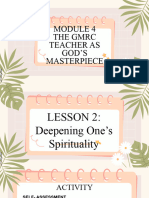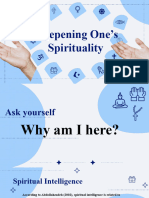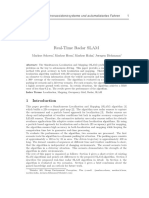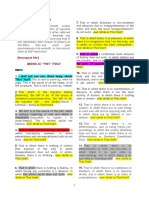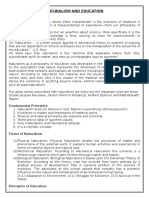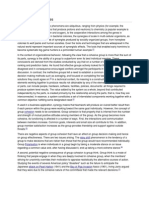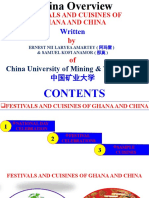0% found this document useful (0 votes)
194 views21 pagesGMRC Report
Lesson2: Deepening One's Spirituality
Uploaded by
Clarissa Escote SajutCopyright
© © All Rights Reserved
We take content rights seriously. If you suspect this is your content, claim it here.
Available Formats
Download as PDF, TXT or read online on Scribd
0% found this document useful (0 votes)
194 views21 pagesGMRC Report
Lesson2: Deepening One's Spirituality
Uploaded by
Clarissa Escote SajutCopyright
© © All Rights Reserved
We take content rights seriously. If you suspect this is your content, claim it here.
Available Formats
Download as PDF, TXT or read online on Scribd
/ 21


